Bad credit can lead to unfavorable interest rates that will cost thousands when you take out a student loan, car loan, or mortgage.
It could prevent you from leasing an apartment or getting your dream job.
A credit report is an outline of your borrowing and repayment history.
It is important to know and keep monitoring your credit score.
By law, consumers have the right to acquire a free credit report yearly from the three credit reporting agencies, Experian, Trans Union, and Equifax.
You can do this through annualcreditreport.com.
How many Americans are checking their credit reports?
The Consumer Federation of America (CFA) and Vantage Score were surveyed in 2016.
The researchers found that 32% of Americans had never obtained a copy of their free credit report.
Furthermore, 16% had not received a copy in the previous 3 years.
32% had received a copy in the previous year, and another 19% had received a copy within the previous 3 years.
These figures would indicate that many Americans do not check their credit report regularly.
You need to beware of scams
Like you, scammers know that you can get a free credit report each year.
They are waiting to con you out of your money, your personal information, or both.
Impostor sites will attempt to deceive you into paying for what should be free credit reports.
There is a well – known phony site that stipulates you must register for a trial subscription to a credit monitoring service to get your “free” credit report.
To register for the trial, you need to give your credit card number.
If you fail to cancel the subscription before the end of the trial period, your credit card will be charged.
This charge will continue each month until you cancel the subscription.
You could be charged for months if you are not checking your credit card statement regularly.
How common is Identity Theft?
An account takeover involves another person using either your debit or credit accounts to make transactions.
In the past five years, 46% of Americans have been the victim of credit card fraud.
The Nilson Report estimates that losses reached $24.71 billion, which is a 12% increase over the previous year.
47% of the global credit card fraud happens in the U.S.
The Bureau of Justice Statistics indicated that in 2014, 17.6 million incidents of identity theft were reported to law enforcement.
86% of victims reported fraud connected to an existing bank account or credit card.
An identity takeover is when thieves use the social security number, name, or other personally identifying information to assume the victim’s identity.
Your ID is filled with false work documents, false medical records, unpaid taxes, and criminal charges.
Cyber-criminals do this by stealing your personal information when you are not on a secure internet connection.
How does a Credit Freeze work?
A credit freeze (sometimes called a security freeze, credit lock, or credit report freeze) ensures that an individual’s credit report is inaccessible.
It is mainly used by victims of identity theft that want to stop the thieves from opening new credit lines in their names.
This will work because a creditor will access your credit report before approving new credit.
If the credit report is inaccessible, it will be evident that something is suspicious, and the application will be denied.
You will be provided with a PIN or password which needs to be used whenever you want to unfreeze the report for a specific period.
This will allow a specific third party (e.g., employer, creditor, insurer, etc.) to access the report or allow you to remove the freeze entirely.
The individual will be required to prove their identity, along with providing the PIN/password.
Creditors who have an existing relationship with you (e.g., a credit card issuer whom you have a card with) are still able to access your credit report, but it must not be used to extend new lines of credit.
What about EMV Technology?
EMV technology is a computer chip on the front of the credit card.
When a transaction is completed, the EMV chip securely communicates with the payment processor.
The transaction is authenticated through a calculation of unique data packets for every operation.
It verifies that the card is not counterfeit.
In 2015, the U.S. upgraded to EMV which made card counterfeiting almost impossible.
It doesn’t eliminate online fraud, and it resulted in fraudsters focusing on new accounts instead of existing accounts.
By the end of 2015, there was a 113% increase in new account crime which added up to 20% of all fraud losses.
Fraudsters open new accounts using stolen Social Security numbers.
How to Avoid a Scam
There are steps you can take to avoid a scam:
- Type the URL straight into your browser ensuring that the spelling is correct. Some impostor sites take advantage of misspelled sites. Don’t open links or attachments. Also, cyber-criminals can steal your personal information when you are on an unsecured wireless internet connection.
- Don’t disclose your credit card number. You will not be required to give a credit card number for a genuinely free credit report. If the company is requesting a credit card number, it is probably looking for a way to charge you in the future.
- Don’t sign up for a free trial to any subscription package. You will not need to sign up for anything to receive a free credit report.
- If you do sign up for a free trial subscription, be sure to cancel before the trial period ends. Your credit card won’t be charged.
- Do not use unreliable companies that charge a fee for your credit report. You may be giving your social security number to criminals. Make sure you have a secure connection like https before disclosing confidential information. It is best to do business with companies you know.
- Be careful of companies that advertise free reports and then try to persuade you to order additional services you do not want, e.g., alerting you if someone accesses your credit score.
Protect Your Credit
You should be vigilant about checking your credit card statements for suspicious transactions.
Make this a daily, or at least weekly, routine.
Also, keep checking your credit report.
If you are making an application for credit, your first step should be obtaining your credit report so you can challenge erroneous items if they appear.
Steps to Take if You Are the Victim of a Scam
If you are the victim of identity theft, you need to change your online bank login, social media accounts, and passwords.
In some cases, you will need to close old accounts and change your email address.
What else can you do?
Contact Credit Bureaus – You can put a fraud alert on your credit reports by contacting one of the three national credit bureaus.
Fraud alerts can prevent a thief from opening extra accounts in your name.
You will also be contacted if an existing account is altered, and before a new account is opened.
You only need to call one of the three credit bureaus to register your fraud alert.
The company you call is compelled to contact the other two.
Within 24 hours, the three bureaus will be alerted.
File A Police Report – You should record a report at your local police station.
Contact Your Card Issue – Alert the fraud department of each card issuer and inform them of the identity theft.
File a Complaint with the Federal Trade Commission (FTC) – The FTC deals with complaints from victims of identity theft, refers complaints to law enforcement agencies, and provides information to victims.
Complaints are also referred to companies and other government agencies for further action.
The FTC will also investigate companies for infringements the agency enforces.
Account Take Over – You have been a victim of an account take over, involving another person using either debit or credit accounts to benefit from the transactions.
If you are aware of unrecognized charges or suspicious activity on your statement, immediately contact your card issuer.
Most card issuers will contact the vendor on your behalf and reverse the charges while investigations are taking place.
Under guidelines from the Federal Trade Commission and network accords, you are not liable for unauthorized charges.
By law, consumers have the right to acquire a free credit report from the three credit reporting agencies every year.
Companies will advertise a free credit report on their website.
They will then try to get money with offers of free trials for a short period.
Disclosing your credit card number could result in loss of money and at worse identity theft.
It is important to check your credit report regularly and take steps to deal with any suspicious transactions.
The safest way to do this is through the three credit reporting agencies.

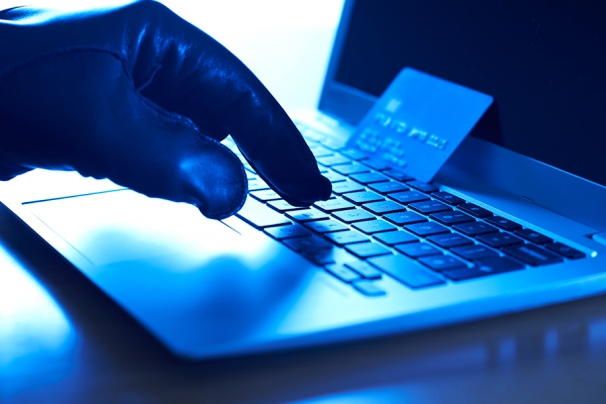


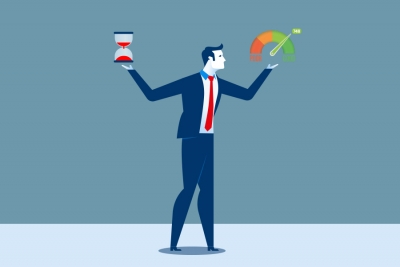
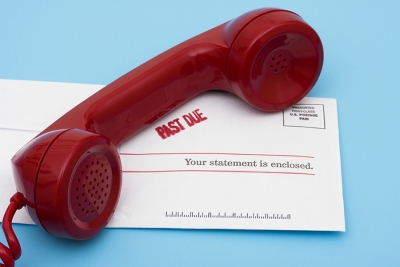
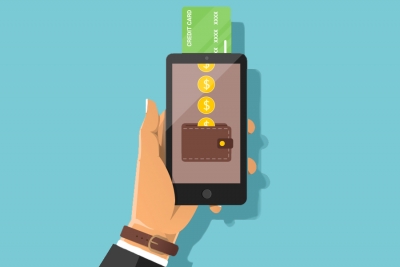

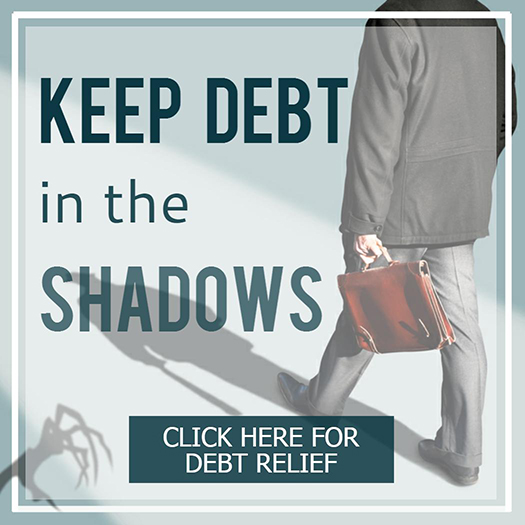
Leave A Comment